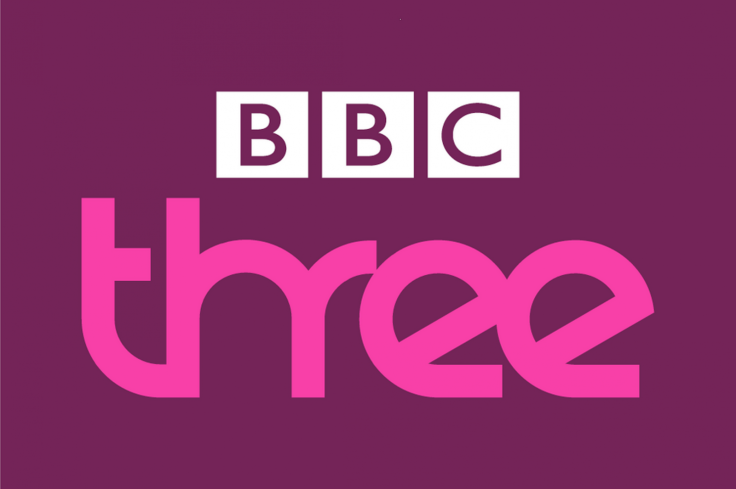BBC detail plans for BBC Three Online, BBC One +1 and CBBC extension

The BBC has detailed its plans for the future of BBC Three after the channel is taken off the air in autumn 2015.
BBC Three will move online, where the corporation plan to "develop new forms, formats, different durations, and more individualised and interactive content."
On top of this the CBBC channel's working hours will be extended by two hours every day, and a BBC One +1 catch-up channel will be introduced for those without access to BBC iPlayer or broadband services.
BBC Director-General Tony Hall said in a statement: "With the licence fee frozen we've had to make difficult decisions – and none more so than our proposal to move BBC Three online. In rising to this challenge, we've managed to come up one of the most exciting and ambitious proposals I've seen since I came back to the BBC.
"By searching out new ways to engage and entertain young audiences on their terms, the new BBC Three will be a great example of how we can reinvent the public service for the digital world - using their talent, appearing on the platforms and devices that they use and talking to them as equals and partners."
BBC's plans in full:
BBC Three
In addition to financial necessity, moving BBC Three online presents an opportunity to develop new forms, formats, different durations, and more individualised and interactive content. It will play to BBC Three's strengths, offer something distinctive and new, and enhance the BBC's reputation with young audiences.
The new BBC Three has the potential to shape and expand the market for the providers of digital entertainment, information and education for 16-34 year olds in the UK and build demand for new forms of content. If successful, moving BBC Three online could help to build digital awareness in much the same way that BBC News Online encouraged take up of the internet and BBC iPlayer helped to build the market for Video On Demand (VOD) services.
BBC One +1
BBC One +1 supports the BBC's strategic objective to better serve our audiences by strengthening our channels and by increasing the availability of our programmes for those who do not use BBC iPlayer or have access to broadband. Although viewing may be shifting away from linear towards on-demand services, broadcast television is still very important for younger audiences. BBC One still generates the most unique reach amongst our TV services.
CBBC
The second proposal to strengthen our linear portfolio is extending CBBC's hours of broadcast by two hours a day, to ensure that the BBC's younger audiences aged six to 12 have an opportunity to watch the channel in the early evening, rather than when they are at school.
© Copyright IBTimes 2025. All rights reserved.






















